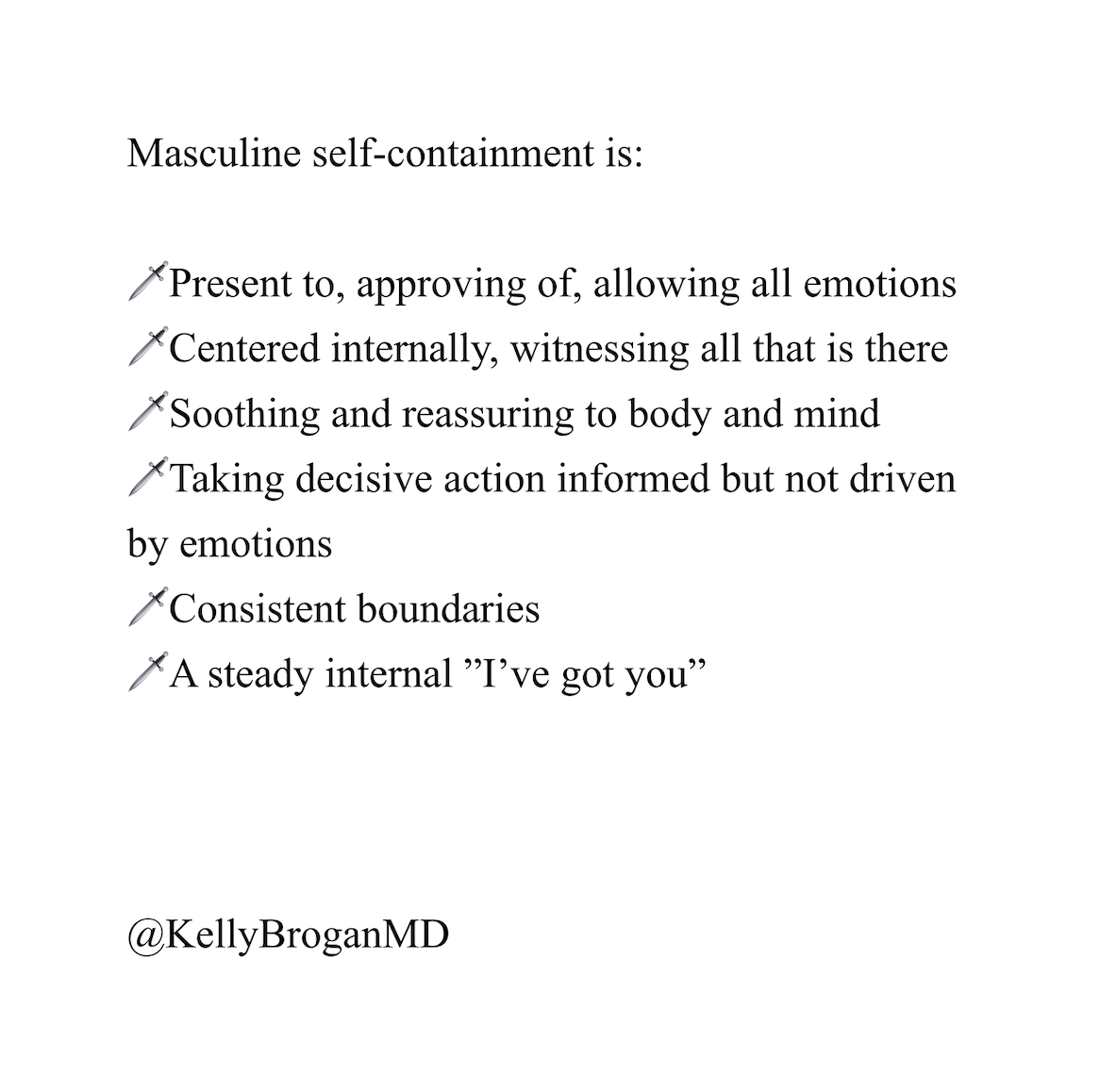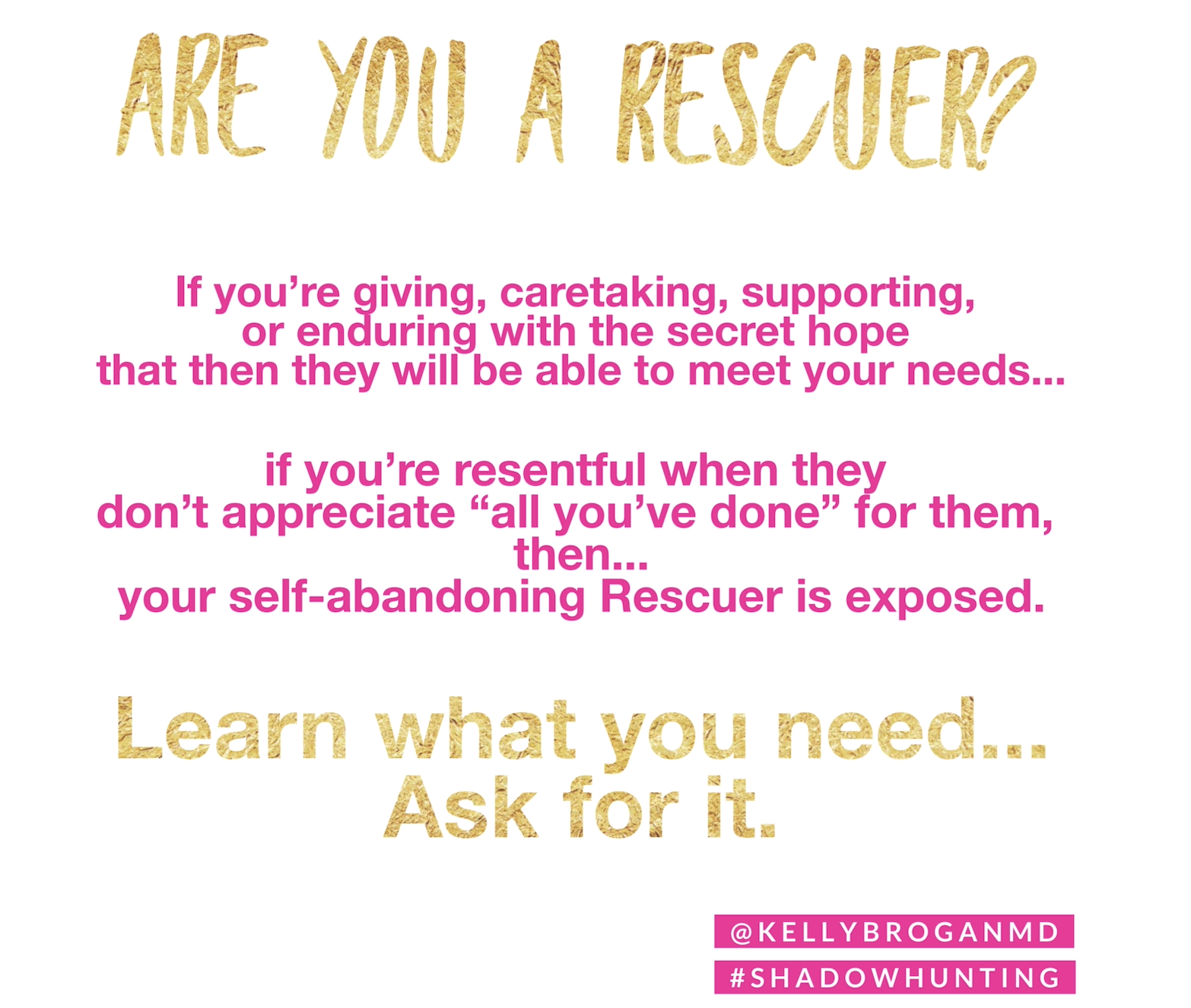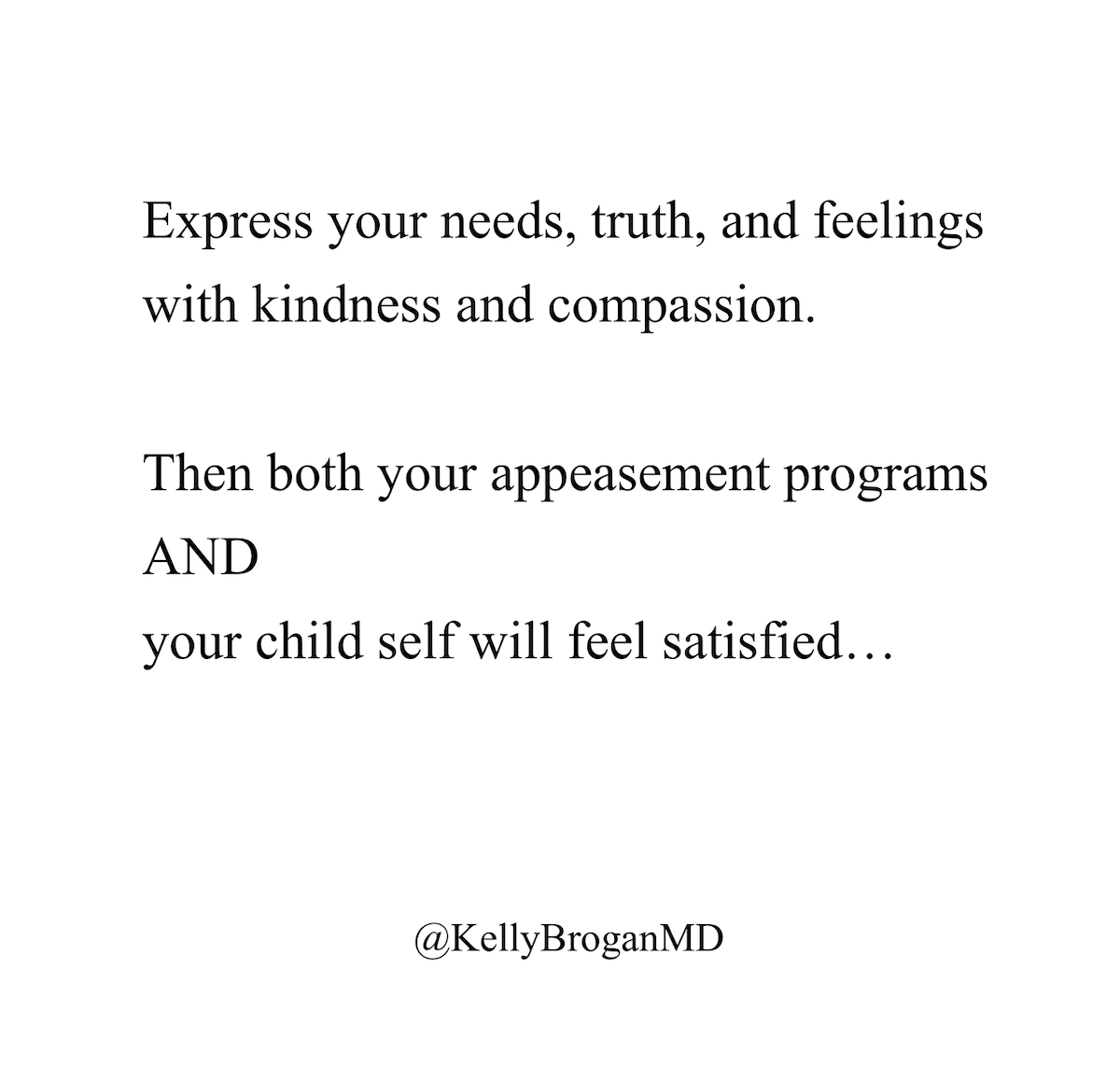Are Your Parents Emotionally Immature?

Have you ever felt like if you start crying, you might never stop?
If so, it’s likely that you experienced growing up under the care of what Dr. Lindsay Gibson calls emotionally immature parents. By virtue of their own wounding and arrested emotional development, these parents could not hold space for your experience of your own upset so that you could learn that emotions are alchemical, crying has an arc, and that the energy of feeling comes to its own resolution if it is permitted to do so.
Instead, your tears may have been met with one or more of the following: Stop crying! Go to your room! I’m not talking to you until you calm down! Don’t be upset, you’re fine! or I’ll give you something to cry about! because your emotions and your reality infringed upon and threatened the inner stability of your caregivers.
In these types of family dynamics, the children experience emotional isolation, often described as loneliness in a crowd, and grow up to scan the landscape of their life for justifiable reasons that they are struggling emotionally with feelings of sadness, disconnection, and desperation. They reflexively invalidate their own emotional experience, saying things like, with all I have, why do I feel this way? They are accustomed to needing a good reason for their feelings to exist. These children grow up to believe that relationships are lonely places where they will feel abandoned and burdened at the same time.
But let’s back up…what qualifies a parent as emotionally immature?
For most of us, the experience of conditional love from our primary caretakers left us with what is referred to by Dr. Alfie Kohn as “contingent self esteem.” Feeling fleeting self-worth only when we secure the approval of others. In his book, Unconditional Parenting (required reading for all humans, not just parents), he uses published research to build an irrefutable case for the damaging impact of love withdrawal (think time-outs at best, violence or abandonment at worst) and of rewards and praise as setting up a sense of self that is dependent upon the approval of a parent rather than an inner sense of lovability and adequacy.
So we find ourselves, in our 30s and 40s, confronting these programs of productivity, success, and unboundaried relationships, growing increasingly aware that they are bankrupt methods of controlling the self-rejection that is festering beneath.
We live our lives via a codified belief system concerned primarily with what makes us appear good and right. Then we use these strategies to avoid feeling the grief, shame, and fear that we were sure would kill us if felt. We attract repeated patterns of victimhood over and over ( and over!) again because the parts of us holding these feelings still demand attention, love, and integration. Feelings need to be felt. They will keep rattling in the cage until they are finally let out.
Emotionally immature individuals have not done the “work” of self-integration, of nervous system healing to hold emotional energy in the body (that’s all that feelings really are!), and also examine the beliefs that drive struggle (like if I’m wrong, I’m unlovable). Gibson writes, “For emotionally immature people, all interactions boil down to the question of whether they’re good people or bad ones, which explains their extreme defensiveness if you try to talk to them about something they did.”
Emotionally immature parents/people are notable for how they:
- Overreact to minor things
- Are irritated by individual differences or points of view
- Use their children as a confidant
- Are inconsistent—sometimes wise, sometimes unreasonable (intermittent reward)
- Focus on conversations about their interests
- Are not self-reflective, and do not take personal responsibility
- Are black and white thinkers, not receptive to new ideas
- Are killjoys (inserting negative, critical, or anxiety-ridden perspectives)
- Demonstrate intense but shallow emotions
- Are intellectually objective until triggered
- Experience self-esteem that is contingent upon the compliance of their children
Gibson goes on to describe 4 general types of emotionally immature parents:
- Emotional parents: swing between overinvolvement and abrupt withdrawal and use others for stabilization
- Driven parents: compulsively goal-oriented, controlling, and interfering, performance focused
- Passive parents: avoidant, abuse-enabling, childish
- Rejecting parents: little closeness or engagement and want to be left alone
Breaking the cycle
Believing that I have, as a mother, ended many cycles of abuse, disembodied self-betrayal, and addiction in my family line, I felt pretty confident when I opened Gibson’s book Adult Children of Emotionally Immature Parents, that I was the adult child and not the emotionally immature parent!
And indeed, I have, through much of the re-parenting I have done of my own childself, learned to emotionally self-regulate, take personal responsibility, and empathically and non-defensively visit with my children’s life experience.
In fact, just recently, I decided to ask my daughters two question to support our deepening intimacy:
- What is something that I did that hurt you that, when you think about it now, still hurts you?
- What do you need from me these days, that I’m not giving you.
Through this simple exercise, I was able to see how I, too, was at risk for experiencing my children as narcissistic extensions—meaning that my self-worth is contingent upon their behavior and affirmation of my experience—because I learned that it was extremely painful and difficult to be reflected anything other than mama you’ve created such a beautiful life for us through all of your deep spiritual work and self-care. When my daughter expressed memories from her early childhood of my absenteeism (I was a workaholic until she was 7), and of a less than glowing review of how she recalls my role in dynamics with my family of origin, I felt devastated. I lost all sense of my own esteem because I had lost her approval in that moment.
And then a voice rose up inside me—Kelly, this is the reclamation opportunity! This is it, right here! You haven’t failed, you’re about to claim an experience of your own emotional courage and strength in service of yourself and your daughters. Because healing works that way—when I integrate into my own self-loyalty and strength, I offer others around me the simultaneous opportunity to experience the same.
My self-loyalty looks like assembling my inner family to hold my childself and her long-unacknowledged feelings. And that’s what I did. As my childself cried with feelings of unworthiness and badness, my inner mother held her, reassured her, and validated her, and my inner father stood strong, loving, and approving, holding the container for this experience within, making sure that no actions or decisions would be made without his discernment.

And from that place, after some time integrating my inner parts, I sat with my daughter and I listened to HER experience. I asked about her memories with authentic curiosity and reflected how hard it must have been to have gone through what she did. I said “I’m so sorry,” as my eyes brimmed with heartfelt tears. I did not explain my side of the story, my why, nor the myriad defenses that had lept to the mic to insist on the rightness and goodness of my choices. I simply visited with hers.
And in that moment I felt intense pride. This pride is the signature offering of my childself when she knows I’ve got her and I am not leaving her side to enact the defenses that would otherwise shut her up and shut her feelings down.
But these tools were not always available to me…
In fact, in this book, Gibson writes that emotionally isolated children often are very well taken care of physically. And I thought back to the early days of my daughters’ lives, before I had begun doing the inner work of soul reclamation, and I remember feeling so proud that I had ended the cycle of medicalized birth, vaccination, quick fix pharmaceuticals and toxic exposures. They were natural babies fed organic diets with body temples I guarded with my life. But true emotional intimacy was not in my repertoire at that time.
And that may be why my eldest wrote a poem about shadow work at age 9, co-authored a book with me around the same time, and attended my workshops and kundalini festivals learning mantras and mudras like it was her job. These “old souls,” Gibson describes achieve early independence not by choice but by necessity because many of these kids learn that there isn’t anyone really there for them, so they better get adulting quick. Those sweet kids who sit at the adult table listening earnestly to conversation while the other kids run around and play.
Two coping styles for adult children
Gibson describes two styles of coping (on the part of the children), which I prefer over the empath/narcissist characterization that is now rife with hidden virtue signaling and demonization dynamics. She describes externalizers as individuals who carry on the legacy of emotional immaturity learned from their parents. They too are reactive and impulsive, not self-reflective, and need things to change on the outside in order for them to be regulated emotionally. They feel entitled to help and often suffer from addiction. They don’t express wishes or needs and they fear being overpowered and controlled by dominating parental energies that they grow up to project on their partners. These kids often get the memo that their behavior is quite problematic, while what she calls internalizers often get the memo that they, themselves and their very nature is problematic.
“Internalizers” describes every patient I’ve ever worked with, and every healer/facilitator/doctor/self-help guru who has longed to resolve the deeply held belief that we are broken.
We solve problems from the inside out, seek to learn from mistakes, and seize opportunities to develop ourselves and may even have a survival strategy that involves self-blame. We feel anxiety about displeasing others and fear being exposed as an imposter. We are self-sacrificing. And then we are resentful. We are what Karpmen refers to as The Rescuers, the caretakers, those who manipulatively and strategically meet our own needs for connection, safety, and love by serving others’ needs.
You may be a caretaker if you:
- Are disappointed that someone has not done something you didn't ask for
- Contract with compliment
- Say you're fine when you're not
- Don't know how to get someone to stop talking
- Negotiate away from your ask/against yourself as you’re asking: "it’s totally ok if you say no"
- Apologize to calm someone down
- Think resolution comes from a shared understanding
- Wait for improvements without initiating
Internalizers often find themselves enacting adult patterned relationships with abusive partners because the familiarity of reactive externalizers affords them the opportunity to continue to meet and caretake another’s needs and nervous system and to visit with emotional isolation and victim dynamics from childhood.
Until, of course, we are ready to own our selves. Ready to learn to identify needs, express them, and make informed decisions and choices around whether or not the intimacy we seek is actually available in the source from which we seek it.
Internalizers feel a strong need to share their inner experience. They experience a hunger to connect, heart to heart, with someone who can understand them. We are longing for, and sometimes chasing, an experience of connection that we imagine will finally afford us that existential exhale. Belonging, affection, and safe love.
We are often taught to feel ashamed of the following normal behaviors:
- Enthusiasm
- Spontaneity
- Sadness and grief over hurt, loss, or change
- Uninhibited affection
- Saying what we really feel and think
- Expressing anger when we feel wronged or slighted
We are taught that the following is acceptable/desirable:
- Obedience and deference toward authority
- Physical illness or injury as a means of connecting to parent
- Uncertainty and self-doubt
- Liking the same things as the parent
- Guilt and shame over imperfections or being different
- Willingness to listen, especially to the parents distress and complaints
- Stereotyped gender roles, typically people-pleasing in girls and toughness in boys
- Giving first consideration to what other people want you to do
- Not speaking up for yourself
- Not asking for help
- Not want anything for yourself

Little wonder how and why we find ourselves in the midst of the greatest psyop of all time predicated on obedience, compelled altruism (wear your mask for grandma), and compliance?
The social nervous system
Attachment styles are established within the first two years of infancy and derive from caregiver mirroring, empathy, responsiveness, and affection. Anxious attachment styles tend to result in near-obsessive fixation on assessing another’s love energy and availability for connection.
Do you ever feel sensitive to the micro-facial expressions of someone you are trying to secure approval or love from? It turns out we are wired to experience safety through mirrored facial expressions. Jason Goldman writes:
In 1975, Edward Tronick and colleagues first presented the "still face experiment" to colleagues at the biennial meeting of the Society for Research in Child Development. He described a phenomenon in which an infant, after three minutes of "interaction" with a non-responsive expressionless mother, "rapidly sobers and grows wary. He makes repeated attempts to get the interaction into its usual reciprocal pattern. When these attempts fail, the infant withdraws [and] orients his face and body away from his mother with a withdrawn, hopeless facial expression." It remains one of the most replicated findings in developmental psychology.
At the intersection of neuroscience, evolutionary biology, and psychology, research scientist, Dr. Stephen Porges postulated the polyvagal theory, which adds important nuance to our understanding of the autonomic nervous system. Beyond rest/digest and fight/flight, he describes how the vagus nerve, often conceived of as simply a parasympathetic, rest and digest conduit between visceral organs and the brain, has evolved many different hierarchical roles.
Porges describes the vagus as having two branches. The first, called the dorsal vagal complex, is a more ancient unmyelinated branch below the diaphragm responsible for reptilian-like freeze (and defecate). The relatively newer branch above the diaphragm that lowers heart rate, controls facial expressions, and vocal tone is called the ventral vagal complex or the “social nervous system.”
In times of safety, this vagal system supports rest, digestion, and regeneration. However, in times of perceived danger, this system mounts the more ancient defenses of dissociation or fainting including dizziness, nausea, and intense fatigue. The social nervous system allows us to recruit a sense of safety from others and the environment and to pair sympathetic activity with play (think lively dancing) or immobility with peace (think deep meditation). What Porges calls neuroception, or how our nervous system assesses the safety of settings and people, can be influenced by trauma and conditioned responses and beliefs.
As I have healed my nervous system and integrated my soul into my body, I can observe in my professional headshots an energetic shift in my face and eyes that I call ensoulment. As I feel safer in my body and the world, my facial expressions reflect that. When we feel unsafe and cannot self-soothe, our facial expressions are bracing, closed, and tight.

So, it could be argued that I can only offer my children the social nervous system safety cues (through my voice and facial muscles) that are available to me from the safety I can source within myself from my own nervous system.
Emotional maturity 101
Gibson appears to agree with me that the reframing of self-care, self-intimacy, and self-motivated action lies at the heart of resolving victim dynamics.

Smoking out the caretaking pattern of investing in the meeting of another’s needs in hopes of ours being later met is, as Gibson writes “...taking on a job nobody has ever pulled off: changing people who aren’t seeking to change themselves.”
First, we must recognize emotional maturity. Gibson describes emotionally mature people as:
- Thinking objectively while remaining emotionally connected to others
- Pursuing what they want without exploiting others
- Having a well-developed life and sense of self based on self-intimacy
- Being honest about their own feelings
- Expressing empathy, impulse control, humor, and emotional intelligence
- Being genuinely interested in other people’s inner lives
- Dealing with others directly to solve problems
- Admitting their weaknesses and taking responsibility for their role in conflicts
- Taking initiative to repair interpersonal conflict

From my perspective, the emotional maturation process is not simply a will-driven endeavor. In fact, the nervous system must first have the literal capacity to hold the energy of emotions in the body as they are electively felt and alchemized. That’s why I passionately believe that Vital Mind Reset is a portal to this deeper reclamation and lineage-level work. First, you send your system a signal of safety. Only then can you begin to enter through resentment and disappointment to find the places that victim dynamics are thriving in your life as well as the unmet needs that raise the flag of those uncomfortable feelings.
You can identify your needs, express them, and make choices around whether or not your needs and another’s can actually be met in a dynamic. When you know you’ve got you, you are more available to truly interest yourself in another’s experience, visit with it and assess the potential for intimate connection. Doesn’t it feel good to imagine a world where there’s no manipulation, strategy, curation, or mind-reading involved in human relationships? Because everyone knows what they need, asks for it, and takes responsibility for their experience? We can create this together. One experience of being with our feelings instead of acting to fix them, suppress them, or project them, at a time…
Want to continue reading?
Enter your details below to read more and receive updates via email.









